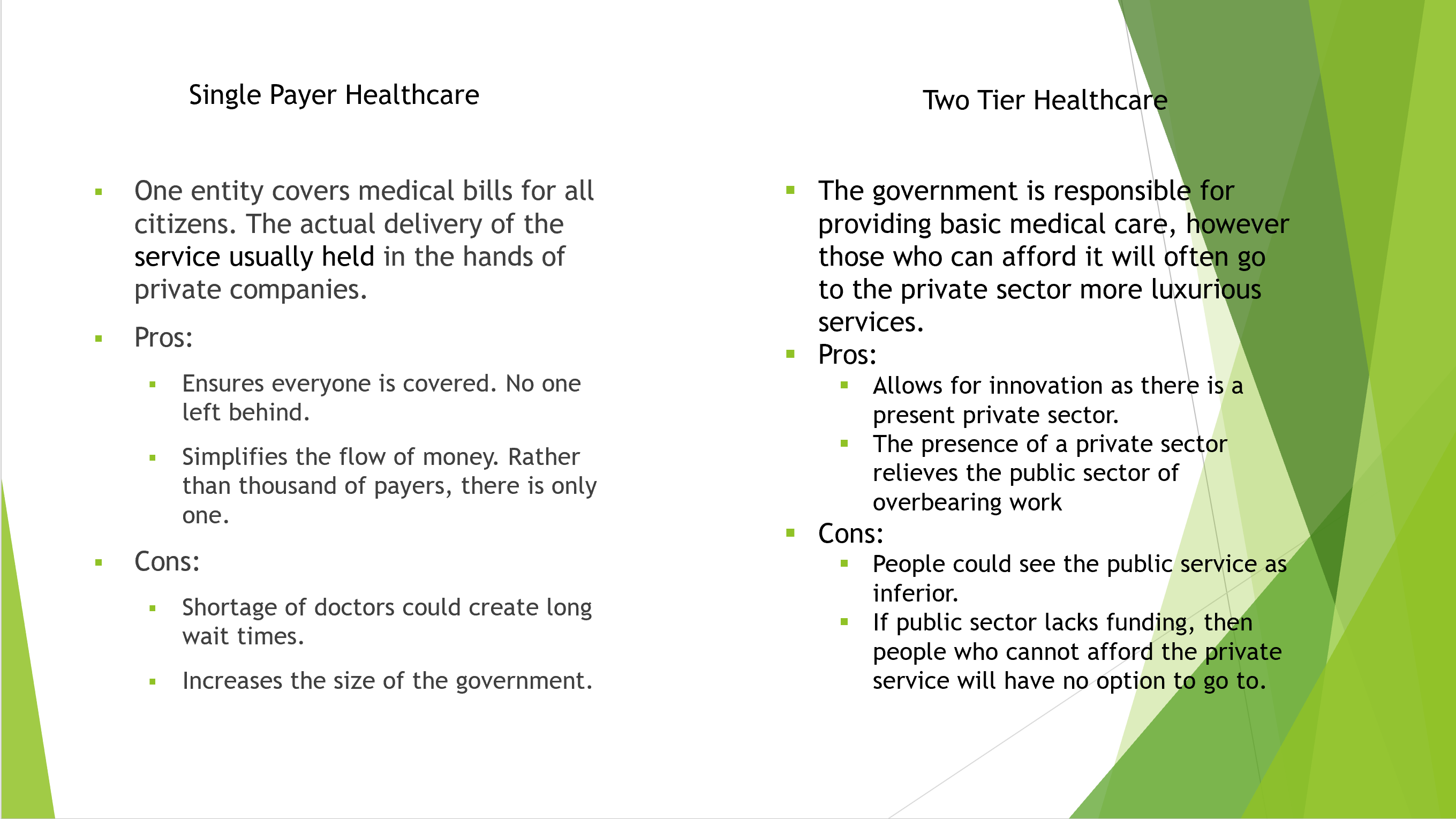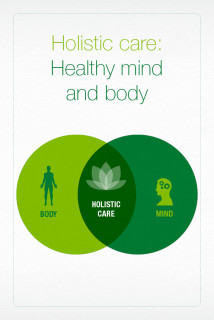You will require to finish the registration form to use this is not readily available online, so you will need to call the Rgie or go to a Rgie workplace to acquire one. If you visit a workplace in-person, you can complete the kind during the same check out so long as you have the necessary proof-of-identity documentation with you.
Evidence of residence in Quebec can be shown by providing a copy of a residential lease, deed of purchase for a residential property, or attestation from an employer. Momentary workers, who can supply an immigration document showing their employer's name and mentioning they may operate The original source in Quebec for at least six months, are likewise eligible for healthcare coverage in Quebec - how much is health care per month.
Medical insurance in Saskatchewan is supplied by the Saskatchewan Health Authority. Permanent citizens and qualified momentary homeowners moving to Saskatchewan may be qualified for health coverage on or prior to the very first day of their 3rd month after showing up in Canada. Copies of files proving your legal privilege to be in Canada, residency in Saskatchewan, and identity needs to be provided.
All clinically essential services, including both inpatient and outpatient services, are included with Saskatchewan Health Card coverage. Saskatchewan likewise provides some extra services, including oral services and prescription drugs, to advised people. Discover more about healthcare in Saskatchewan - which type of health care facility employs the most people in the u.s.?. Yukon Health Care Insurance coverage offers coverage for residents of the Yukon.
Brian Lindenberg April 16, 2012 In my last post for BenefitsCanada. com, I compared and contrasted the state of healthcare in this country at the time that the fundamental principles for the Canada Health Act were developed (in 1961) and today. As the federal government will undertake a review of this legislation, it is very important that all Canadians formulate a perspective on the future of our health care system.
First, an important recognition: the healthcare dispute is charged with emotion. Canadians from all walks of life have various experiences with our healthcare system, and these kind our viewpoints. My own experiences with our system have actually been usually favourableothers I know have had completely difference experiences. In addition, there are those Canadians who are also health specialists working within the system who are constantly asked to do more with less.
Weighing each perspective is the next-to-impossible job put prior to the federal government as it establishes a template for Canada's health care system that will last another 50 years. So with this extremely essential caveat, let's consider what currently works well within our current health care system and what does not. Unlike in the U.S., no citizen of this country is denied access to healthcare based on whether she or he can afford to pay.
The Ultimate Guide To What Is Health Care Proxy
Universal healthcare specifies us as Canadians. When you remain in the system, the requirement of care is exceptional. For instance, health outcomes in the areas of heart disease and lots of types of cancer are far better than in the U.S., which suggests that we are doing many things right. Of course, the operative words here are "when you are in the system." Clearly, sensible access to care is a concern that this country must deal with.
For every dollar invested on healthcare funding, far less gets invested in administration than in nations such as the U.S. Our system is far from ideal, however in relative terms, it is okay. Canada has one of the most expensive healthcare systems worldwide. We can seek to numerous other countries to see remarkable health for less money.

Health care choices are typically made based on "political palatability" or what's appropriate to the voting public versus what makes good sense from a monetary sustainability point of view or in terms of health results. The decision-making procedure is complicated and frequently slow, and results in little incremental modification instead of fundamental modification. We are likely at a time where we need to ask the tough questionsbut the politics of decision-making will get in the way and we might not get to where we need to be.
The system has not kept up with the needs and expectations of the client. Our healthcare system is huge and, for that reason, not extremely nimble. Although many provinces are trying to alter this, our system remains focused on severe and persistent careaddressing the problem once it ends up being an issue. The majority of specialists agree that the focus must move to avoidance and health promotion.
The system has actually likewise not stayed up to date with the altering face of illness and treatment. For instance, physical health stays the main focus of the system while mental disorder represents a significant expense to the Canadian economy and society. Drug therapy is utilized thoroughly in the treatment of injury and illness, yet these expenses fall mostly outside of the public system.
Healthcare funding across the nation is far from consistent with access to care specified, in part, by your province of home. And this gap will just get larger as resource-rich provinces such are Alberta and Saskatchewan have the ability to invest more on a per capita basis than the other provinces.

So where to from here? Numerous of the standard concepts embedded in the Canada Health Act still work. However, this crucial piece of legislation requires to be improved to show the realities these days. The principles of public administration and the standards for what is "clinically required" in particular requirement to be reviewed to make sure that whether what was anticipated in 1961 still works today.
The Ultimate Guide To In A Free Market Who Would Pay For The Delivery Of Health Care Addiction Treatment Services?
We can most likely all agree on the objectiveto develop a framework for a cost-efficient, efficient healthcare system that reacts to the http://louisfqac481.timeforchangecounselling.com/the-smart-trick-of-what-does-cms-stand-for-in-health-care-that-nobody-is-talking-about medical requirements of all Canadians. How we get there is subject to discuss. However we do require to arrive, and the argument requires to begin now.
The Canadian healthcare system has been a definite success considering that its introduction in the nation in 1967. The publicly funded health care system provides health services that are mostly free to Canadian residents and handled and administered on a provincial and territorial level directed under the Canadian Health Act.
Nevertheless, the general public funded healthcare system does not cover prescription drugs, home care or long-term care, prescription glasses or dental care, therefore Canadian residents pay for these services either out of their pockets or through private medical insurance coverage and employer-sponsored plans. The health care system which is also called Medicare in Canada is offered to all residents and is not figured out by the financial resources of individuals.
These education programs look for to make citizens more mindful, so they can avoid injuries and provide a more proactive method to general health problems so that disorders are detected previously consequently decreasing their impact. These programs are fully funded by the Canadian government and go a long way in educating citizens of all ages and backgrounds.
The Canadian Medicare takes into account the needs of children, disabled citizens and the senior. For elderly people or veterans and handicapped children, there is a requirement for special care and attention, and the healthcare system was developed with this in mind. Canadian health insurance coverage is a nationwide health program called Canada Medicare (public health insurance coverage).